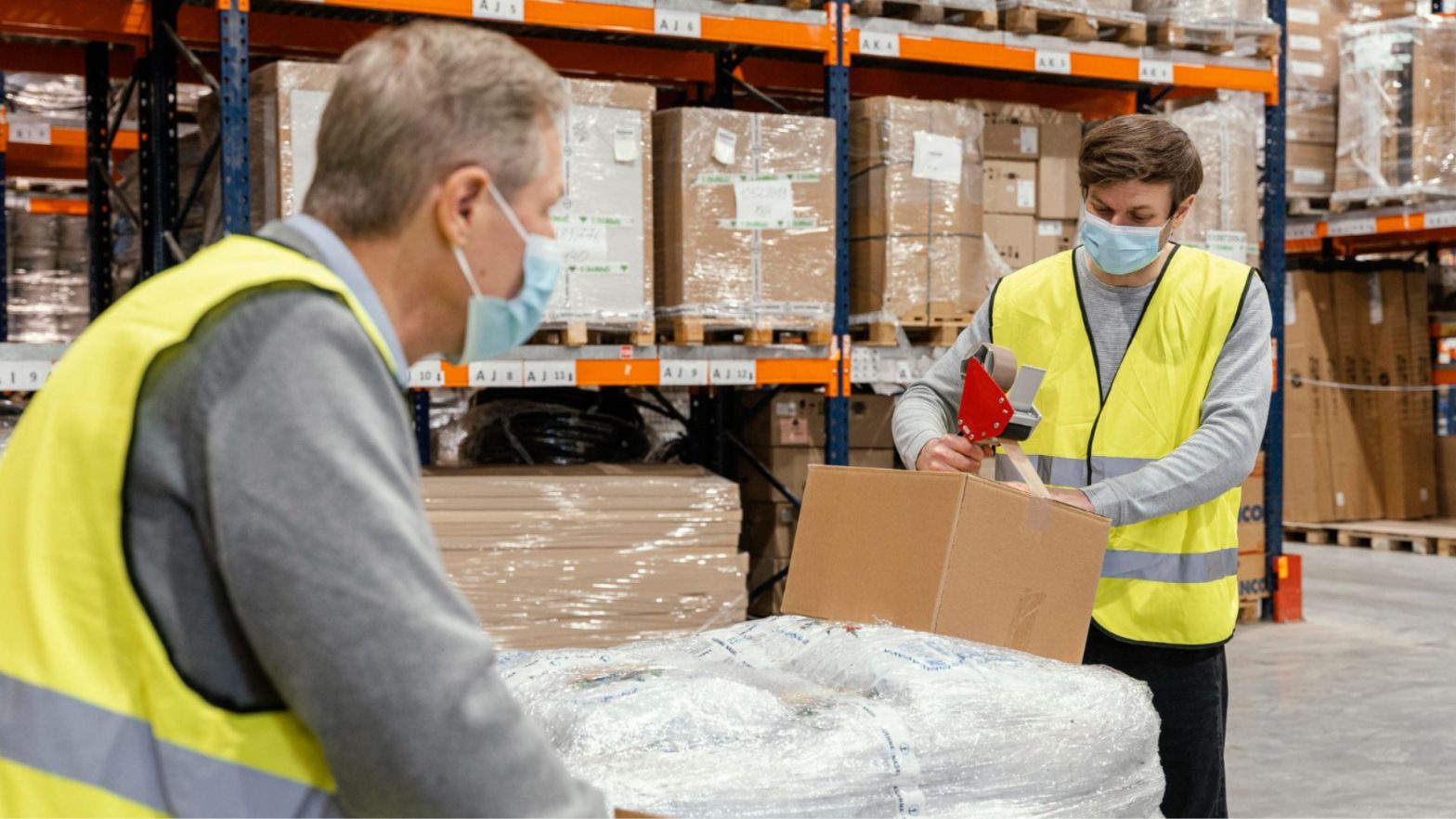How Focused Training Reduced Damage Claims and Improved Safety Compliance in Material Handling
Introduction:
Load safety isn’t just a box to check—it’s a bottom-line issue. Improperly secured freight leads to damaged goods, liability exposure, and rising insurance premiums. For distributors in raw materials—from steel coils to plastic resin and lumber panels—the stakes are even higher. Fortunately, a growing number of companies are finding that targeted training is one of the most effective (and affordable) tools to reduce load-related risks. Below, we highlight three companies across North America that significantly improved load safety by investing in their teams.
1. Prairie Ridge Lumber: Cutting Damage Claims by 40%
Operating out of Minnesota, Prairie Ridge Lumber faced recurring issues with shifting OSB panels and dimensional lumber during regional hauls. Their turning point came after a particularly costly quarter of freight damage in Q3 2023. The company partnered with a transportation safety consultant to implement hands-on securement training for warehouse leads and flatbed drivers.
The focus? Correct tensioning techniques with ratchet straps, anti-slip mats for bundled lumber, and compliance with FMCSA 393.116 standards. Within six months, the number of in-transit product shifts dropped dramatically, and damage-related customer complaints fell by 40%.
2. Clearwater Plastics: Reducing Resin Loss During Transit
This Texas-based distributor specializes in high-volume shipments of polypropylene and HDPE resin. In 2022, they saw a spike in customer claims tied to leaking supersacks and broken pallet wrap—especially during long-haul routes through high-heat zones. Rather than invest in new packaging, Clearwater created a cross-functional training initiative involving warehouse, forklift, and logistics personnel.
Team members were retrained on correct bag stacking methods, airflow considerations in trailer loading, and the importance of stretch film gauge consistency. The result? Resin-related loss claims decreased by 60% year-over-year, and the company improved its carrier scorecard metrics with several key partners.
3. Silverline Metals: Compliance Meets Culture
Silverline, a mid-sized metals distributor in Ontario, handles heavy coil steel, plate, and structural tubing. After a roadside inspection flagged multiple violations tied to securement, leadership didn’t just roll out a PowerPoint. They built a peer-led training program where seasoned drivers mentored new hires on proper chaining techniques, corner protector usage, and the subtleties of load distribution.
The program was supported with incentives for clean inspections and on-the-spot rewards for proper securement habits. In just 90 days, Silverline passed two DOT inspections with zero infractions and lowered their CSA score across multiple BASIC categories.
Load safety training doesn’t have to be expensive—it has to be intentional. Whether you’re moving HDPE sheets, rebar, or treated lumber, it’s the people handling the material who make or break a safe haul. As these three companies show, when you align training with the realities of your freight, the payoffs come fast: fewer claims, better inspections, and safer roads.


